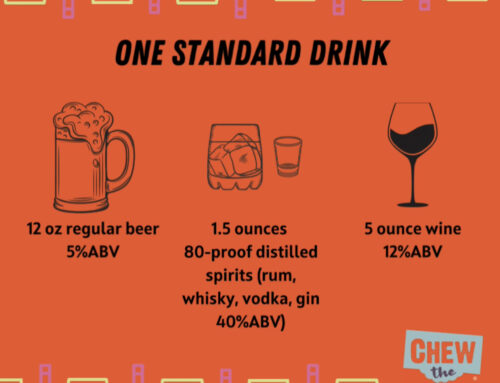Weight Goals at Middle Age – Stay on Track
As we get older, we try not to “sweat the small stuff”. January is a month when we are bombarded with weight loss advice and television ads showcasing fit bodies. Rather than pursue the perfect body, shift that focus to staying or getting healthier. If you are over forty years old, chances are it’s time to reassess the calories you need, your fitness level, and your overall eating habits.
It’s a good time to keep up with your overall health and disease risk. I know that “disease risk” sounds morbid, but it is better to know more, than not, so take a good look at any risk factors that  you may have. Consider this:
you may have. Consider this:
· Are you overweight?
· Do you know what your blood pressure is lately?
· Do you have high blood cholesterol, specifically a high LDL?
· Do you have high blood sugar or triglycerides?
· Do you exercise? Do you still have muscle tone?
· Do you smoke? Should you look for a program to help you quit? (Yes!)
· Women- Do you have an annual screening for breast and cervical cancers?
· Men- have you had your annual prostate exam yet?
· Are you aware of your own family history for disease (diabetes, high blood pressure, heart disease, cancer)
All of the above will help you outline your strengths and weaknesses and give you a starting point for setting goals for better health. We can’t change our genetic make-up but we can change our diets, exercise habits, how often we go to the doctor, and whether or not we smoke.
As a younger person, going to the doctor may not have been an annual thing, but it is very important to get regular check-ups in your forties and fifties. Things can change quickly at this point. Normal blood pressure, may not creep up, it may just bolt up. Seeing your doctor annually enables you to have your blood pressure and weight checked; two factors important to heart health that are very treatable (our Cookbook not only offers easy recipes, but is a great reference providing background about heart health, diet, and fitness). If you have a family history of diabetes, your doctor should know, and may even routinely screen for this, but speak up. Your doctor can only treat you if he or she knows more about you. Talk to your physician about what is ailing you, what doesn’t feel right, or any pertinent family history (diabetes, heart disease, and cancer primarily; and any other diseases or disorders that you know of).
Be smart. Take charge of your own health by making well-balanced food choices, moving your body and staying strong.




